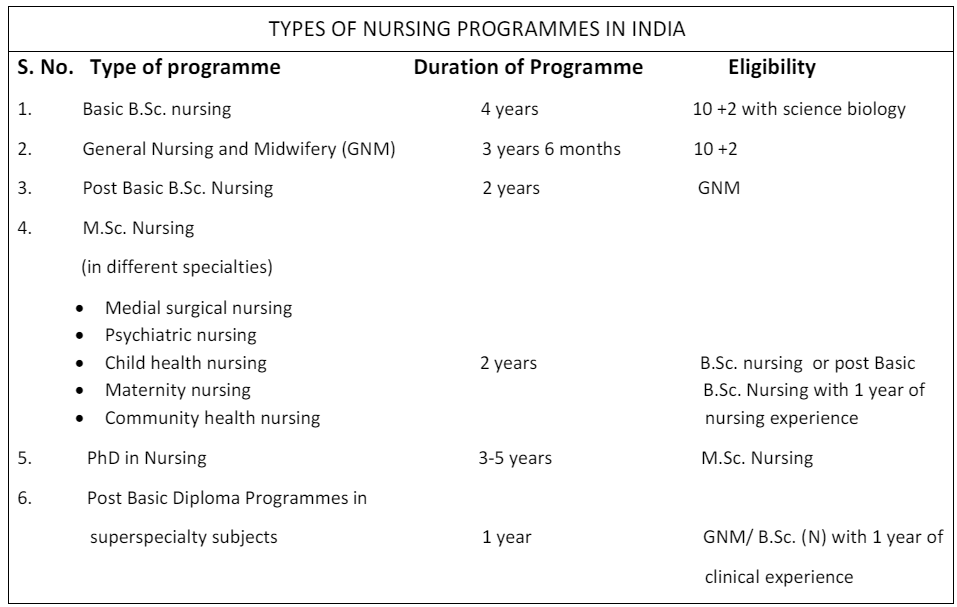Nursing is an art and a science. As a professional nurse, you will learn to deliver care artfully with compassion, caring, and respect for each patient’s dignity and personhood. As a science nursing practice is based on a body of knowledge that is continually changing with new discoveries and innovations. When you integrate the science and art of nursing into your practice, at a level of excellence that benefits patients and their families.
Your opportunities for a nursing career are limitless. There are a variety of career paths, including clinical practice, education, research, management, administration, and even entrepreneurship. As a student, it is important for you to understand the scope of nursing practice and how nursing influences the lives of your patients.
Definitions of Nursing
The word nurse originated from the Latin word nurtix, which means ‘to nourish’. The nurse is defined as a person who nourishes, fosters, protects, and who is prepared to take care of sick, injured, and aged people.
Nursing is a unique function of the nurse, i.e. to assist the individual, sick or well in the performance of those activities contributing to health or recovery (or to a peaceful death) that he/she would perform unaided if he/she had the necessary strength, will or knowledge, and to do so in such a way as to help
him/her to gain independence as rapidly as possible.
– Virginia Henderson
The term nurse may be elaborated as follows
N – Noble
U – Understanding
R – Responsible
S – Sincere
E – Empathetic
Aim of Nursing
The aim of nursing practice can broadly be described as promoting health, preventing illness, restoring health, and last but not least, facilitating coping with disability or death.
Nurses are active in social policy and political arenas. Nurses and their professional organizations lobby for healthcare legislation to meet the needs of patients, particularly the medically underserved. For example, nurses in communities provide home visits to newborns of high-risk mothers (e.g. adolescents, poorly educated mothers, or medically underserved). These visits result in fewer emergency department visits, fewer newborn infections, and reduced infant mortality (Mason et al.,2021).
Knowledge of the history of our profession increases your ability to understand the social and intellectual origins of the discipline. Although it is not practical to describe all of the historical aspects of professional nursing, some of the more significant milestones are described in the following paragraphs.
Code of Ethics
The code of ethics is the philosophical ideals of right and wrong that define the principles you will use to provide care to your patients. It is important for you to also incorporate your own values and ethics into you practice. As you incorporate these values, you explore what type of nurse you will be and how you will function within the discipline (ANA, 2008, 2010c). Ask yourself: how do your ethics, values, and practice compare with established standards? The ANA has a number of publications that address ethics and
human rights in nursing. The code of ethics for nurses with interpretive statements is a guide for carrying out nursing responsibilities that provide quality nursing care; it also outlines the ethical obligations of the profession (ANA, 2008).




